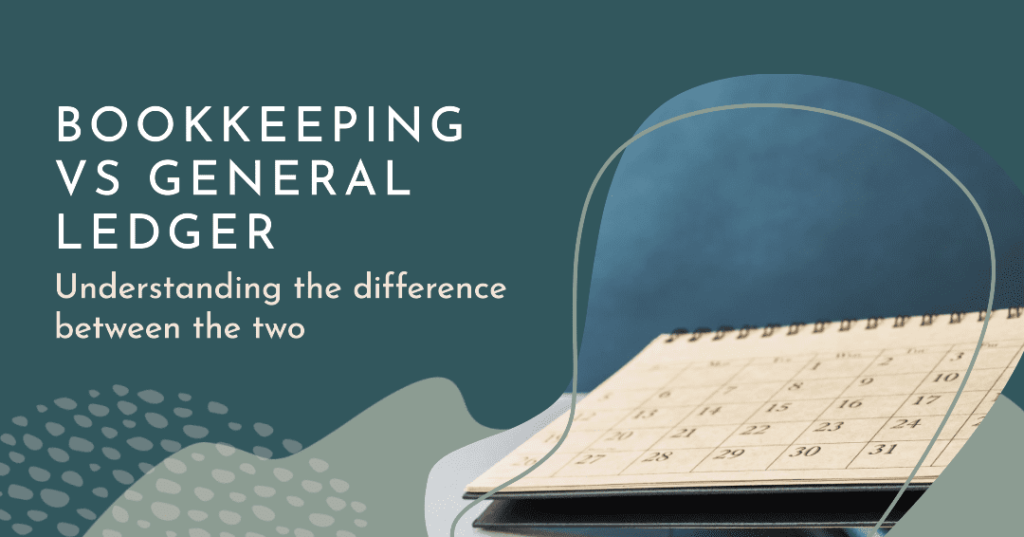Bookkeeping vs General Ledger
| Aspect | Bookkeeping | General Ledger |
| Definition | The process of recording financial transactions | A master record of all financial transactions |
| Objective | Systematic organization of financial data | Consolidation and summarization of financial data |
| Scope | Focuses on day-to-day transactions and records | Captures all financial transactions for an organization |
| Types of Entries | Journal entries (debits and credits) | Journal entries (debits and credits) |
| Level of Detail | Detailed level, transaction by transaction | Summary level, grouped by accounts |
| Accounts Involved | All accounts, including assets, liabilities, and equity | All accounts, including assets, liabilities, and equity |
| Frequency | Daily or regular basis | Ongoing, updated after each transaction |
| Recording Format | Chronological order | Categorized by account |
| Role in Reporting | The primary data source for financial statements | Basis for preparing financial statements |
| Analysis Potential | Limited, as it focuses on data entry and accuracy | Provides a basis for financial analysis and reporting |
In context with Bookkeeping vs General Ledger, While bookkeeping focuses on the detailed recording of individual financial transactions, the general ledger serves as a central repository that consolidates and summarizes all these transactions. The general ledger provides a snapshot of an organization’s financial position by capturing the balances of various accounts, such as assets, liabilities, and equity.
In context with Bookkeeping vs General Ledger, Bookkeeping is crucial for accurate financial reporting, as it provides the foundation for preparing financial statements, including the income statement, balance sheet, and cash flow statement. On the other hand, the general ledger plays a pivotal role in generating financial insights and analysis, as it allows for the review of account balances, identification of trends, and monitoring of financial performance.
In context with Bookkeeping vs General Ledger, Both bookkeeping vs general ledger are essential components of an organization’s accounting system, working together to ensure the accuracy, integrity, and completeness of financial data.

